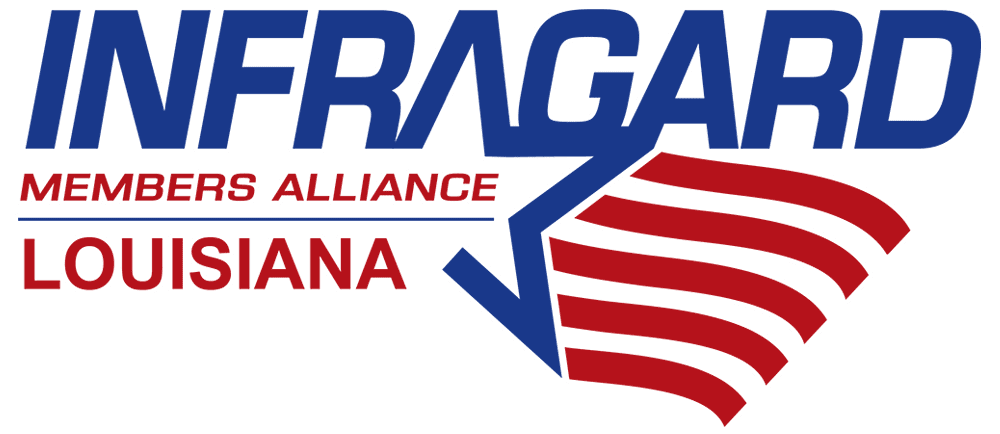
MEMORANDUM ON IDENTIFICATION OF ESSENTIAL CRITICAL INFRASTRUCTURE WORKERS DURING COVID-19 RESPONSE
Essential Critical Infrastructure Workers – CISA Guidance
Fellow InfraGard Louisiana Members,
FYI / Please see the following important message and attached information:
(SA) As the Nation comes together to slow the spread of COVID-19, on March 16th, the President issued updated Coronavirus Guidance for America. This guidance states that:
“If you work in a critical infrastructure industry, as defined by the Department of Homeland Security, such as healthcare services and pharmaceutical and food supply, you have a special responsibility to maintain your normal work schedule.”
The Cybersecurity and Infrastructure Security Agency (CISA) executes the Secretary of Homeland Security’s responsibilities as assigned under the Homeland Security Act of 2002 to provide strategic guidance, promote a national unity of effort, and coordinate the overall federal effort to ensure the security and resilience of the Nation’s critical infrastructure. CISA uses trusted partnerships with both the public and private sectors to deliver infrastructure resilience assistance and guidance to a broad range of partners.
In accordance with this mandate, and in collaboration with other federal agencies and the private sector, CISA developed an initial list of “Essential Critical Infrastructure Workers” to help State and local officials as they work to protect their communities, while ensuring continuity of functions critical to public health and safety, as well as economic and national security. The list can also inform critical infrastructure community decision-making to determine the sectors, sub-sectors, segments, or critical functions that should continue normal operations, appropriately modified to account for Centers for Disease Control (CDC) workforce and customer protection guidance.
The attached list identifies workers who conduct a range of operations and services that are essential to continued critical infrastructure viability, including staffing operations centers, maintaining and repairing critical infrastructure, operating call centers, working construction, and performing management functions, among others. The industries they support represent, but are not necessarily limited to, medical and healthcare, telecommunications, information technology systems, defense, food and agriculture, transportation and logistics, energy, water and wastewater, law enforcement, and public works.
